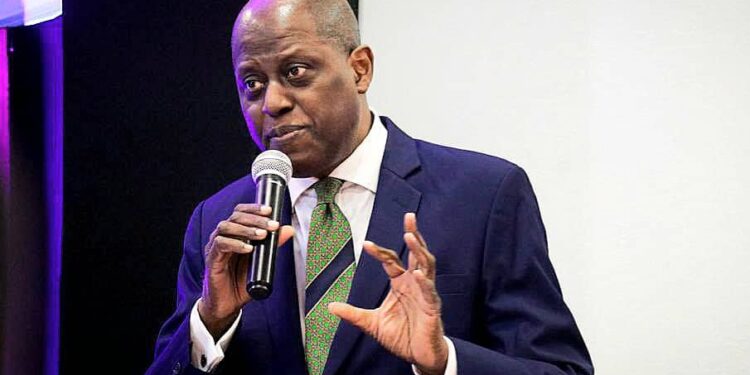The Central Bank of Nigeria (CBN) has announced the upcoming implementation of an electronic foreign exchange (FX) matching system for transactions in the Nigerian market, set to commence on December 1, 2024. This initiative aims to enhance the efficiency, transparency, and governance of foreign exchange operations within the country.
Test Run and Implementation
In a circular signed by Dr. Omolara Duke, Director of Currency Operations at the CBN, the central bank indicated that a two-week test run of the system will take place in November 2024 prior to the official launch.
According to the announcement, authorized dealers will be required to conduct all foreign exchange transactions in the interbank FX market using the Electronic Foreign Exchange Matching (EFEM) system approved by the CBN. This system is designed to ensure that transactions are reflected immediately, improving operational efficiency.
Objectives of the New System
The CBN aims for the new electronic system to:
- Enhance transparency and governance in the FX market.
- Facilitate a market-driven exchange rate that is accessible to the public.
- Reduce speculative activities and eliminate market distortions.
- Provide the CBN with improved oversight capabilities to regulate the market effectively.

The central bank will publish real-time prices and buy/sell orders data from the EFEM. Additionally, in collaboration with the Financial Market Dealers Association, the CBN will publish the rules governing the new system. The Nigerian FX Code and revised Market Operating Guidelines will also guide market participants.
SEE ALSO: CBN Reduces Cybersecurity Levy on Electronic Transactions Amidst Backlash
Compliance and Preparations
The CBN expects all market participants to adhere to the existing guidelines and regulations governing the Nigerian foreign exchange market. Participants are required to ensure that all necessary documentation, training, and systems integrations are completed before the go-live date.
Focus on Inflation and Market Stability
Earlier in the year, Olayemi Cardoso, Governor of the CBN, emphasized the apex bank’s commitment to combating inflation using conventional methods. During an interview with Bloomberg in London, he shared insights on the current state of the market, particularly focusing on the stability of the naira and inflation rates.
Cardoso noted a deceleration in month-on-month inflation rates, describing it as a positive development. He reassured that the Monetary Policy Committee (MPC) remains vigilant in monitoring inflation trends to ensure a moderation of inflation figures.
This new initiative by the CBN reflects a broader strategy to enhance the foreign exchange market’s operational integrity while addressing persistent economic challenges such as inflation and currency stability.



